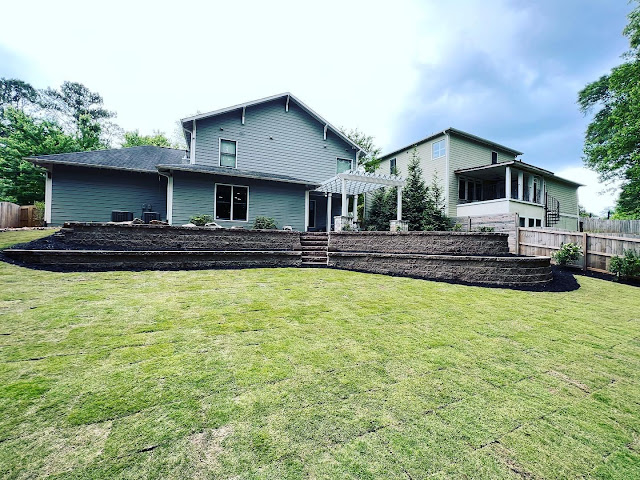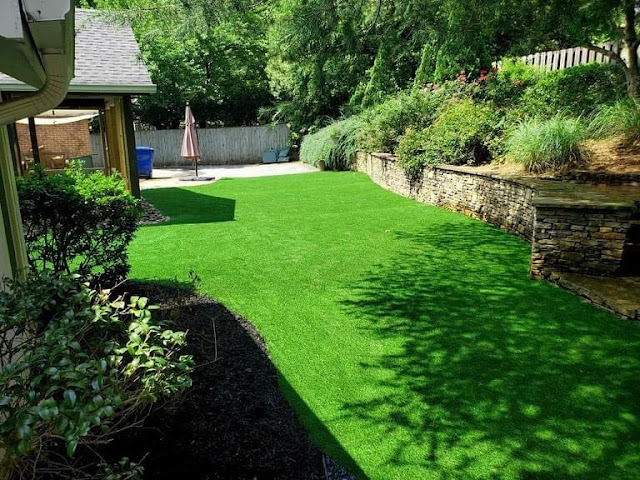Expert Guide to Residential Turf Installation and Management in Georgia
Homeowners contemplating residential turf installation georgia must be aware of the region's distinct climatic and soil conditions. Georgia's climate varies from humid subtropical in the south to more temperate zones in the north, affecting the choice of turf and installation techniques. A comprehensive evaluation of the land, including soil analysis to ascertain pH levels and nutrient content, precedes the installation procedure. This is crucial as it guides the selection of the most suitable turf variety. Homeowners should also consider the amount of sunlight and shade their yard receives, as different turf types have varying light requirements. Professional turf installers can provide invaluable guidance in this initial stage, ensuring the chosen turf thrives in Georgia's diverse environmental conditions.
Choosing the Right Turf:
Selecting the correct type of turf is a critical decision in the residential turf installation process in Georgia. Popular choices include Bermuda, Zoysia, and Fescue, each offering distinct advantages depending on the specific needs of the area. Because of its resistance to high temperatures and substantial foot traffic, Bermuda grass is an excellent choice for active family yards. Zoysia offers a dense, soft carpet-like feel, suitable for both sun and shade and is known for its aesthetic appeal. Fescue, on the other hand, thrives in more excellent areas and provides a lush green appearance. Consulting with a turf specialist is recommended to determine the best type for your specific location, taking into account factors like maintenance requirements, drought resistance, and overall appearance.
Installation Process and Techniques:
The installation of residential turf in Georgia is a process that requires precision and expertise. Preparation of the site is critical, involving clearing the area of weeds, rocks, and debris, followed by leveling and grading to ensure proper drainage. The next step involves laying the turf, which must be done carefully to avoid gaps or overlaps that can lead to uneven growth or disease. Professionals often use specialized equipment to ensure the turf is laid evenly and securely. Post-installation, the turf requires regular watering to establish roots, a critical phase for the turf's long-term health and appearance. This phase demands attention to detail and consistency to ensure the turf is well-established and ready for regular use.
Essential Care and Management Practices:
After the successful installation of residential turf in Georgia, ongoing management, often referred to as residential turf management georgia, is essential to maintain its health and appearance. Regular mowing is crucial, and it should be done at the height recommended for the specific type of turf installed. Over or under-watering can be detrimental, so understanding the watering needs of your turf type is essential. Fertilization plays a vital role in providing necessary nutrients, and it should be done at recommended intervals. Seasonal aeration and dethatching are also essential to maintain soil health and allow for better water and nutrient absorption. Homeowners should be aware of common pests and diseases that can affect turf in Georgia and take preventive measures or seek professional help when needed.
Conclusion:
Residential turf installation and management in Georgia require a careful approach tailored to the specific conditions of the region. Homeowners seeking these services should consider consulting professionals who have the expertise and knowledge of local conditions. Companies like GeorgiaTurfSpecialists.com offer comprehensive solutions, ensuring that your lawn not only looks beautiful but is also healthy and sustainable in the long term. With the proper professional guidance, your residential turf in Georgia can be a source of pride and joy for many years.


.jpg)

Comments
Post a Comment